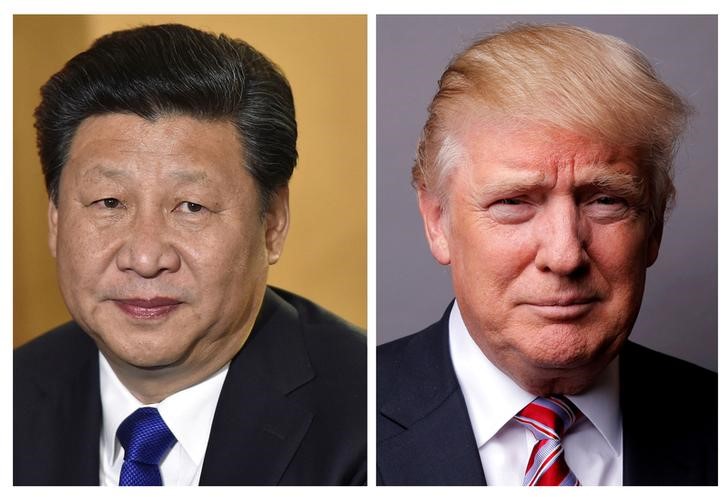BEIJING (Reuters) - China does not have any policy to devalue its currency to promote exports, Vice Foreign Minister Zheng Zeguang said on Friday, ahead of President Xi Jinping's first meeting with U.S. President Donald Trump amid tensions over trade.
In a briefing, Zheng said China does not seek a trade surplus with the United States and that it was willing to work to promote more balanced trade, although he said Washington should step up measures to increase exports to China.
Trump set the tone for what could be a tense meeting at his Mar-a-Lago retreat next week by tweeting on Thursday that the United States could no longer tolerate massive trade deficits and job losses.
The leaders of the world's two largest economies are scheduled to meet next Thursday and Friday for the first time since Trump assumed office on Jan. 20.
In Thursday's tweet, Trump said the highly anticipated meeting, which is also expected to cover differences over North Korea and China's strategic ambitions in the South China Sea, "will be a very difficult one."
The yuan fell 6.6 percent last year in its biggest annual loss against the dollar since 1994, knocked by pressure from sluggish economic growth and a broadly strong U.S. currency.
China's last one-off currency devaluation, a 2 percent move in August 2015, shocked global markets and was widely viewed by traders and economists as a failure.
Trump has frequently accused China of keeping its currency artificially low against the dollar to make Chinese exports cheaper, "stealing" American manufacturing jobs.
While he resisted acting on a campaign promise to declare China a currency manipulator on his first day in office, tensions have persisted over how the Trump administration's China policy would evolve.
